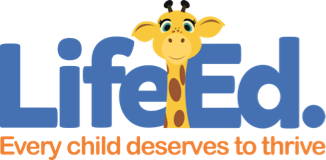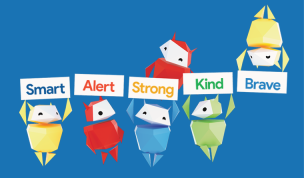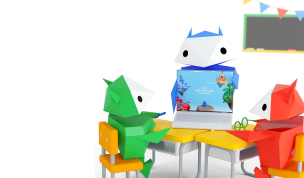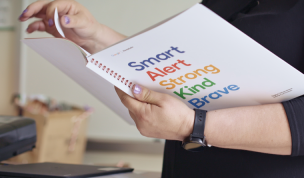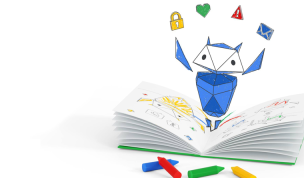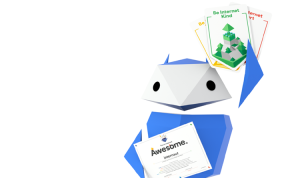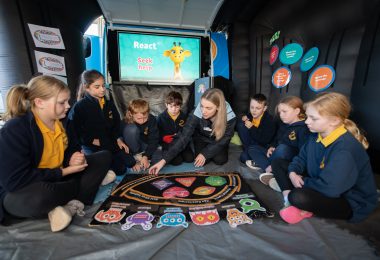New program to tackle online predatory behaviour risk for children

Primary school children aged 8-10 will soon be armed with the tools to recognise, react and report online predatory behaviour and inappropriate content.
To tackle the complex challenges children today face online, leading childhood health and safety education provider Life Ed has introduced new content into its popular school-based cyber safety program so kids can play an active part in staying safe online.
Launched on Safer Internet Day, the updated program will now teach children how to respond safely to predatory behaviour by identifying and responding to the body clues that let a person know when something is “not right” or unsafe. Children will learn to recognise risk, react (stop, block, ignore) and report and seek help, in an age-appropriate way.
Online threats to the health, wellbeing and safety of children and young people are becoming increasingly prevalent. One in five young people in Australia reported being threatened or abused online while one in four have been contacted online by strangers, according to research from the Office of the e-Safety Commissioner.
Parents are struggling to keep up with the risks, with one quarter saying they don’t feel equipped with the knowledge to protect their children online, according to a recent survey conducted by Life Ed.
Life Ed Australia CEO Kellie Sloane said a key way to prevent issues from arising is to provide comprehensive online safety education, which includes resources for children, parents and teachers.
“We also need to make sure parents and teachers are equipped to protect children from online harms. Parents are asking us for support with monitoring screen time, safety around online strangers and inappropriate content, and educating their children about keeping personal information safe online.
“Teachers have told us they need more support with contemporary and difficult issues, including consent, coercive behaviour and predatory behaviour. We’ve responded by updating our program to the emerging needs of children and their communities.”
The updated ‘bCyberwise’ program has been supported by Westpac, through a Strengthen grant. Life Ed is endorsed by the Office of the e-Safety Commissioner as a trusted provider of eSafety education in schools.
bCyberwise – Year 3 / Year 4
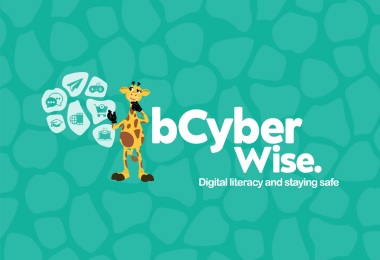
- How to recognise, react and report unwanted contact, bullying or predatory behaviours
- Keeping personal information safe online
- Responsible and respectful behaviour when using communication technology
- Skills for building positive relationships with friends
- Exploring the role of bystanders
